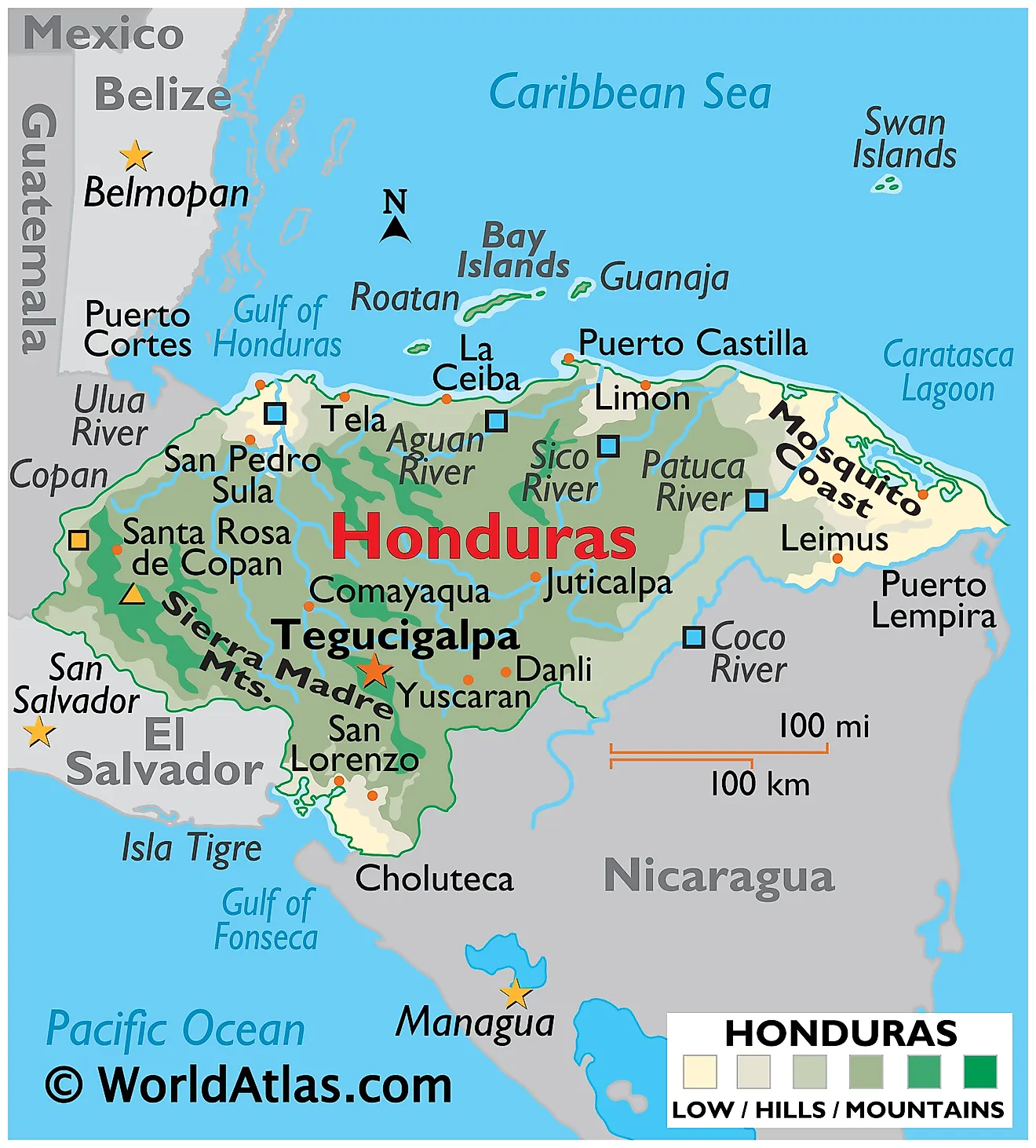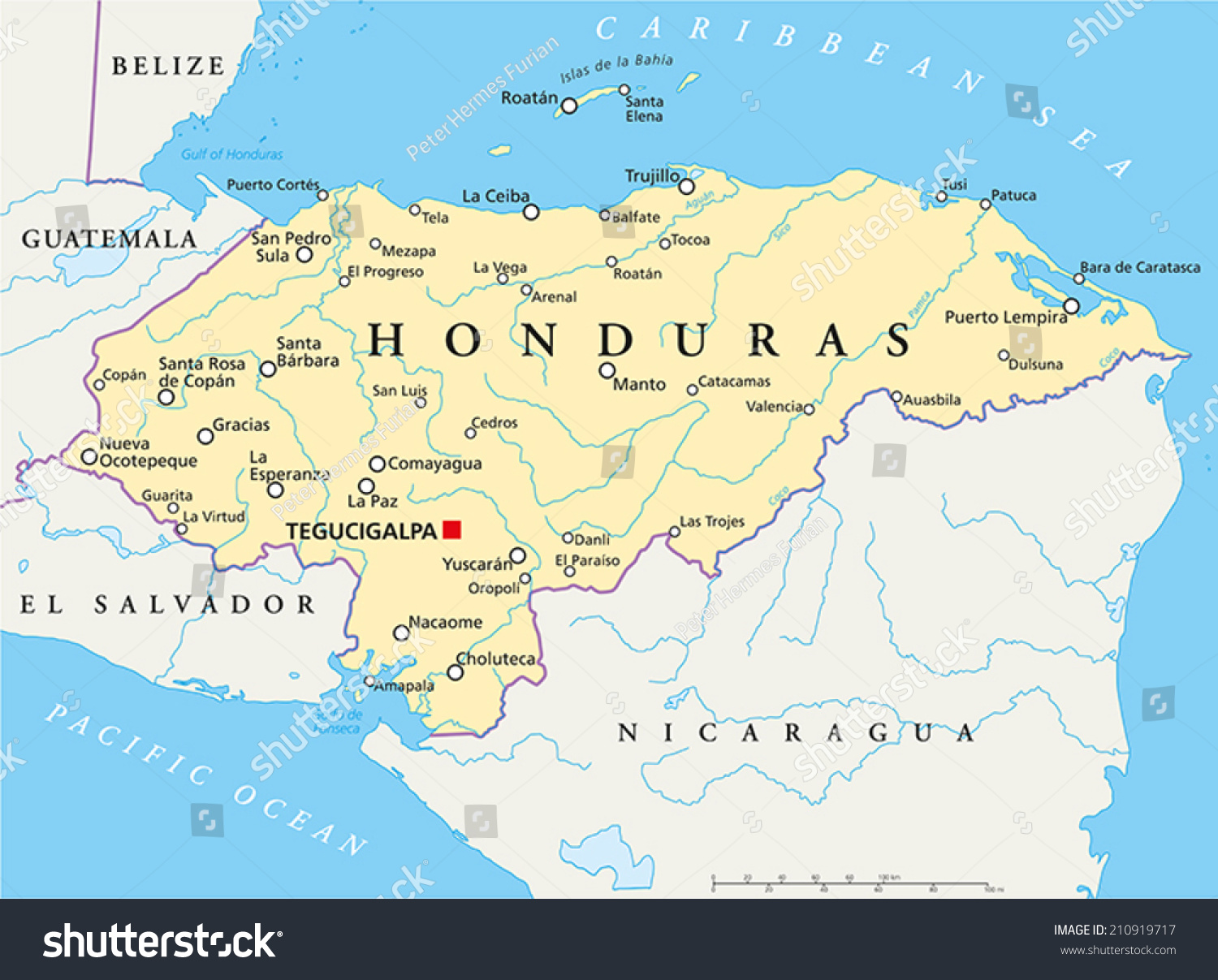What Is Honduras Capital? A Deep Dive Into The Heart Of This Vibrant Country
Ever wondered what the capital of Honduras is? Well, buckle up because we're diving deep into the vibrant city of Tegucigalpa, the beating heart of Honduras. This isn’t just any city; it’s a place where history, culture, and modernity collide in ways you wouldn’t expect. So, let’s explore what makes Tegucigalpa such a fascinating capital.
When you think of Central America, your mind might wander to beaches, jungles, and ancient ruins. But there’s more to this region than meets the eye. Honduras, in particular, has a rich tapestry of stories woven into its capital city. Tegucigalpa isn’t just the political hub; it’s also a cultural epicenter that offers a glimpse into the soul of the nation.
So why are we talking about Tegucigalpa today? Because understanding a country’s capital gives you a window into its identity. It’s like meeting someone for the first time and getting to know their core. Stick around, and we’ll take you on a journey through the history, culture, and significance of Honduras' capital.
Understanding the Basics: What is Honduras Capital?
Let’s break it down for you. Honduras, a beautiful country nestled in Central America, boasts a capital city known as Tegucigalpa. This city isn’t just a name on a map; it’s the largest and most populous city in the country, making it a powerhouse in terms of politics, economy, and culture.
Tegucigalpa became the official capital of Honduras in 1880, replacing Comayagua. The decision wasn’t arbitrary; it was strategic. The city’s central location made it an ideal choice for governance. But don’t let its administrative role fool you—Tegucigalpa is a city full of life, color, and character.
Now, if you’re wondering why this matters, think about it this way: capitals are more than just seats of power. They’re reflections of a nation’s history and aspirations. Tegucigalpa is no exception. It’s a city that tells the story of Honduras in all its complexity.
Why Tegucigalpa Stands Out
- It’s the largest city in Honduras, with a population of over 1.3 million people.
- Tegucigalpa serves as the political, economic, and cultural hub of the country.
- The city’s unique geography, nestled in a valley surrounded by mountains, makes it visually stunning.
These factors make Tegucigalpa more than just a capital—it’s a city that shapes the identity of Honduras. And as we dive deeper, you’ll see why it’s worth exploring.
A Brief History of Tegucigalpa
Every great city has a story, and Tegucigalpa’s is no exception. The city’s origins date back to the early 16th century when Spanish settlers arrived in the region. Originally founded as a mining town, Tegucigalpa quickly grew in importance due to its rich deposits of silver and gold.
But the city’s journey wasn’t without its challenges. Throughout its history, Tegucigalpa has faced political upheavals, natural disasters, and economic shifts. Yet, through it all, the city has managed to maintain its resilience and charm. Each period of its history has left a mark, contributing to the vibrant tapestry of modern Tegucigalpa.
One of the most significant moments in Tegucigalpa’s history came in 1880 when it was officially declared the capital of Honduras. This decision solidified its role as the heart of the nation, a status it continues to hold today.
Key Historical Landmarks in Tegucigalpa
- Catedral Metropolitana: A stunning cathedral that dates back to the 18th century.
- Museo Nacional de Honduras: A museum that showcases the rich history and culture of the country.
- Parque Central: The heart of the city, where locals gather to enjoy the vibrant atmosphere.
These landmarks are more than just tourist attractions; they’re pieces of Tegucigalpa’s soul, offering a glimpse into its storied past.
Exploring the Geography of Tegucigalpa
Tegucigalpa’s geography is as unique as its history. The city is nestled in a valley surrounded by majestic mountains, creating a breathtaking landscape. This setting not only adds to the city’s natural beauty but also influences its climate and way of life.
The city’s elevation, which ranges from 900 to 1,400 meters above sea level, gives it a mild climate that’s perfect for year-round living. However, this geography also poses challenges, particularly during the rainy season when landslides can occur. Despite these challenges, the people of Tegucigalpa have adapted and thrived in this environment.
One of the most striking features of Tegucigalpa’s geography is the presence of the Choluteca River, which runs through the city. This river not only provides a natural boundary but also serves as a source of inspiration for artists and writers.
How Geography Shapes Tegucigalpa’s Identity
- The city’s location in a valley creates a unique microclimate that influences its agriculture and economy.
- The surrounding mountains offer breathtaking views and opportunities for outdoor activities.
- The Choluteca River plays a crucial role in the city’s development and culture.
Understanding Tegucigalpa’s geography is key to appreciating its character and charm. It’s a city that’s deeply connected to its natural surroundings, and that connection shapes its identity in profound ways.
Cultural Highlights of Tegucigalpa
Culture is the lifeblood of any city, and Tegucigalpa is no exception. From its vibrant festivals to its rich culinary traditions, the city offers a cultural experience that’s both authentic and diverse. Let’s take a closer look at what makes Tegucigalpa’s culture so special.
One of the most celebrated aspects of Tegucigalpa’s culture is its festivals. The Feria Juniana, held annually in June, is a testament to the city’s vibrant spirit. This festival showcases traditional music, dance, and cuisine, drawing visitors from all over the world.
Food lovers will also find plenty to enjoy in Tegucigalpa. The city’s culinary scene is a fusion of indigenous, Spanish, and African influences, resulting in a rich tapestry of flavors. From baleadas to tamales, the local cuisine offers a taste of Honduras’ diverse heritage.
Top Cultural Experiences in Tegucigalpa
- Attend the Feria Juniana for a taste of traditional Honduran culture.
- Explore the local markets, where you can find handmade crafts and delicious street food.
- Visit the National Autonomous University of Honduras to experience the city’s academic and cultural hub.
These cultural highlights make Tegucigalpa a must-visit destination for anyone looking to experience the heart and soul of Honduras.
Economic Importance of Tegucigalpa
As the capital of Honduras, Tegucigalpa plays a crucial role in the country’s economy. The city is home to numerous industries, including manufacturing, services, and agriculture. Its central location makes it a key hub for trade and commerce, connecting the rest of the country to the global market.
One of the driving forces behind Tegucigalpa’s economy is its manufacturing sector. The city is known for producing textiles, furniture, and other goods that are exported worldwide. Additionally, the service sector, particularly in finance and technology, has seen significant growth in recent years.
Despite its economic successes, Tegucigalpa faces challenges such as income inequality and infrastructure development. However, the city continues to make strides in addressing these issues, ensuring a brighter future for its residents.
Key Industries in Tegucigalpa
- Manufacturing: Textiles, furniture, and other goods.
- Services: Finance, technology, and healthcare.
- Agriculture: Coffee, bananas, and other crops.
These industries not only contribute to the city’s economy but also provide employment opportunities for its residents, making Tegucigalpa a vital part of Honduras’ economic landscape.
Political Significance of Tegucigalpa
As the capital of Honduras, Tegucigalpa holds immense political significance. The city is home to the country’s government institutions, including the Presidential Palace and the National Congress. It’s where decisions that shape the nation’s future are made.
Tegucigalpa’s political landscape is as dynamic as its culture. The city has witnessed its fair share of political movements and changes, reflecting the evolving nature of Honduran politics. Despite challenges, the city remains a symbol of democracy and governance in the country.
The political significance of Tegucigalpa extends beyond its borders. As a member of various international organizations, Honduras plays an active role in global affairs, with Tegucigalpa serving as the center of diplomatic activities.
Key Political Institutions in Tegucigalpa
- Presidential Palace: The official residence and workplace of the President of Honduras.
- National Congress: The legislative body responsible for creating and passing laws.
- Supreme Court of Justice: The highest judicial authority in the country.
These institutions not only govern the nation but also shape its future, making Tegucigalpa a city of immense political importance.
Challenges and Opportunities for Tegucigalpa
No city is without its challenges, and Tegucigalpa is no exception. The city faces issues such as urbanization, crime, and environmental concerns. However, these challenges also present opportunities for growth and development.
Urbanization is one of the most pressing issues facing Tegucigalpa. As the city continues to grow, there’s a need for sustainable development that balances economic growth with environmental preservation. Initiatives aimed at improving infrastructure and public services are crucial in addressing these challenges.
Crime remains a concern in Tegucigalpa, but efforts are underway to improve security and create safer communities. Through collaboration between government agencies, local organizations, and international partners, progress is being made to tackle this issue.
Opportunities for Growth in Tegucigalpa
- Sustainable urban development: Creating green spaces and improving public transportation.
- Economic diversification: Expanding into new industries such as technology and tourism.
- Social initiatives: Programs aimed at reducing poverty and improving education.
These opportunities highlight the potential for Tegucigalpa to become an even greater city, one that addresses its challenges while embracing its strengths.
Why Tegucigalpa Matters to You
So, why should you care about Tegucigalpa? Whether you’re a traveler, a student of history, or simply someone interested in global affairs, Tegucigalpa offers something for everyone. It’s a city that reflects the complexities and richness of Honduras, making it a fascinating place to explore.
For travelers, Tegucigalpa offers a blend of natural beauty, cultural experiences, and historical landmarks. For students of history, the city provides a wealth of knowledge about Honduras’ past and its impact on the present. And for those interested in global affairs, Tegucigalpa’s political and economic significance makes it a city worth watching.
In a world that’s increasingly interconnected, understanding the capitals of other nations is more important than ever. Tegucigalpa, with its unique blend of history, culture, and modernity, offers a glimpse into the heart of Honduras—a country that’s rich in tradition and full of potential.
How You Can Get Involved
- Visit Tegucigalpa to experience its vibrant culture and stunning landscapes.
- Support local businesses and initiatives aimed at improving the city’s development.
- Stay informed about the political and economic developments in Honduras.
Your involvement, whether through travel, support, or awareness, can make a difference in the future of Tegucigalpa and Honduras as a whole.
Conclusion: Embracing the Heart of Honduras
So there you have it—a deep dive into the heart of Honduras through its capital, Tegucigalpa. From its rich history to its vibrant culture, this city offers a window into the soul of the nation. Understanding what Honduras capital is goes beyond just knowing its name; it’s about appreciating the complexities and richness of the city and the country it represents.
We’ve explored the history, geography, culture,

Tegucigalpa Central America, Honduras, capital city Britannica

Map Honduras Capital City bmpskedaddle

Honduras Carte politique avec la capitale image vectorielle de stock